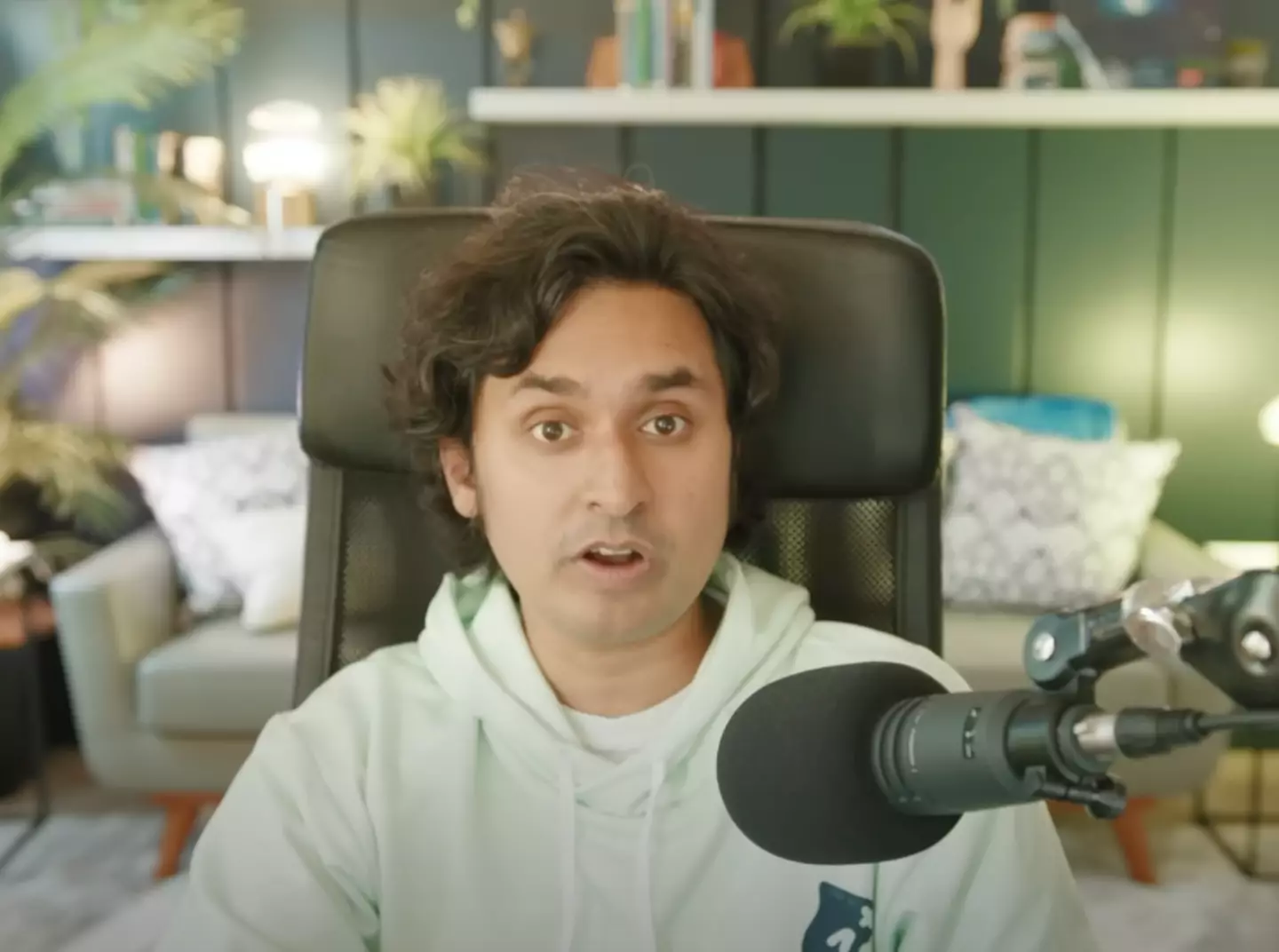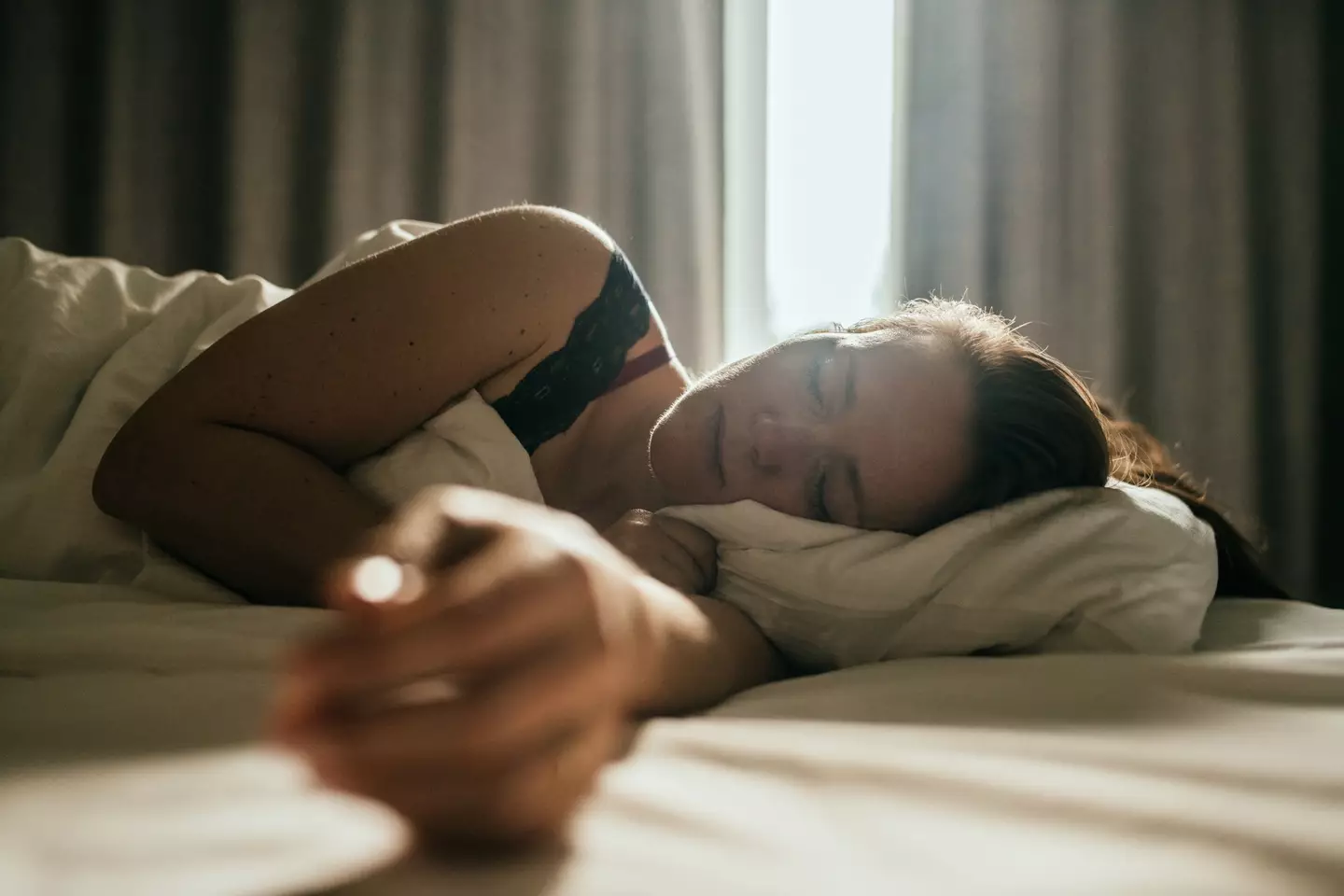Many of us have likely experienced brain fog, a feeling that we are unable to engage or pay attention to our surroundings.

Dr Kanojia shared some advice for reducing brain fog (YouTube / HealthyGamerGG)
It might seem like a relatively small thing, but brain fog can make it difficult to get things done as we find it difficult to maintain our focus.
You know the feeling, when you can’t quite put your finger on the word you need, or have to ask someone to repeat something because your mind feels ‘cloudy’ or unfocussed.
Maybe you pick up a book and are unable to read more than a few pages.
Psychiatrist Dr Alok Kanojia, known on YouTube as Dr K, is an instructor in psychiatry at Harvard Medical School and an assistant psychiatrist at Massachusetts General Hospital.
On top of that, he features on the YouTube platform Healthy Gamer, a mental health channel directed towards gamers.
And in one episode Dr Kanojia shared some simple things we can do to help reduce brain fog.
Spoiler alert – as is often the case they are not so much simple tricks so much as the boring every day good habits that it’s probably wise to develop.
Sorry folks, there’s no silver bullet, that’s not how it works.
So what these two things you can do to help reduce brain fog?
The first that Dr Kanojia shared was making sure that you are sleeping properly.
He said: “Just about every person that I’ve worked with with brain fog has needed to have some kind of improvement in their sleep.
“Sleep is just the general time that our brain uses to heal itself right, so if we’re not sleeping properly or our sleep is disturbed or if we have too many substances on board.”

Getting your head down is a great way to keep your mind clear (Guido Mieth / Getty)
He added that when we sleep we should also avoid substances such as marijuana or alcohol as these can impact sleep quality, adding: “I think good sleep is huge for brain fog.”
The other thing is making sure you’re drinking enough fluid during the day, with Dr Kanojia saying: “The last thing to consider is once again hydration.”
Keeping an eye on your hydration is making sure you always drink when you’re thirsty, and keeping an eye on your pee.
If it looks like water then you’re drinking too much, and if it’s dark in colour then you’re not drinking enough.